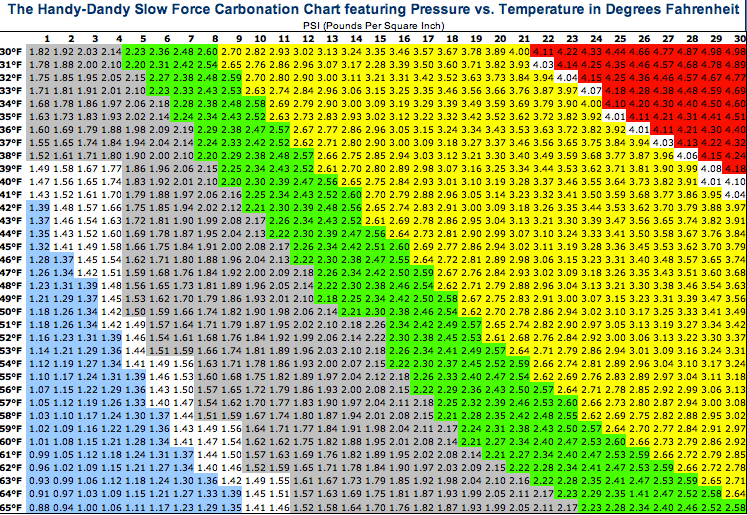oddcopter
Active Member
- Joined
- Aug 7, 2017
- Messages
- 41
- Reaction score
- 17
I have recently begun fermenting in kegs. I start with a blowoff tube and when things slow down, after seven days or more, I cap my kegs with a spunding valve set at 14 PSI. Then, after 10+ days I completely cap it. At that point, I periodically release CO2 to bring the pressure below 15 PSI. As long as significant CO2 is being produced, I let it ferment. Eventually, after 14 days or so, I cold crash.
I find I am fermenting longer than when I checked FG and the beers don't have off flavors.
Is this a better way to measure when fermentation is finished than FG?
I find I am fermenting longer than when I checked FG and the beers don't have off flavors.
Is this a better way to measure when fermentation is finished than FG?































![Craft A Brew - Safale BE-256 Yeast - Fermentis - Belgian Ale Dry Yeast - For Belgian & Strong Ales - Ingredients for Home Brewing - Beer Making Supplies - [3 Pack]](https://m.media-amazon.com/images/I/51bcKEwQmWL._SL500_.jpg)


























